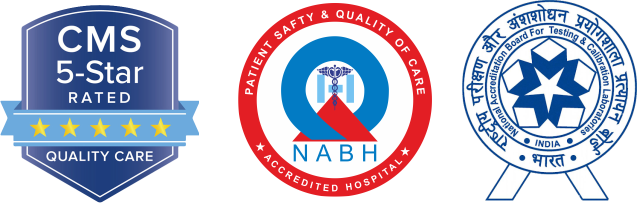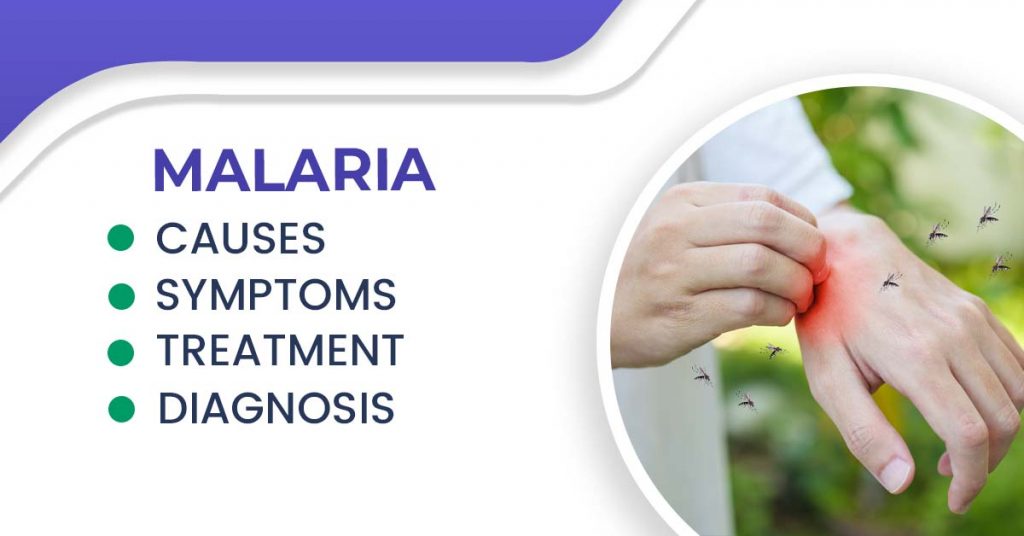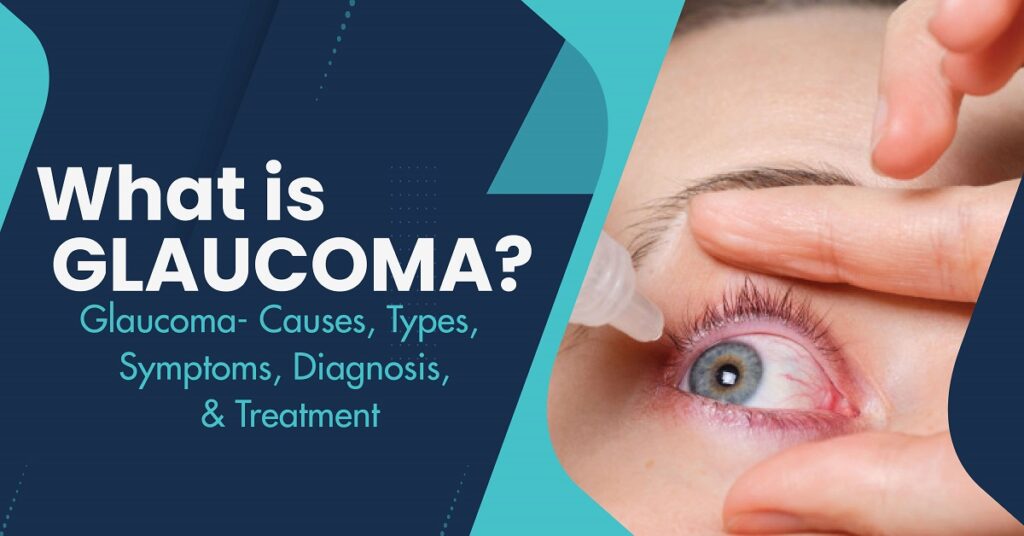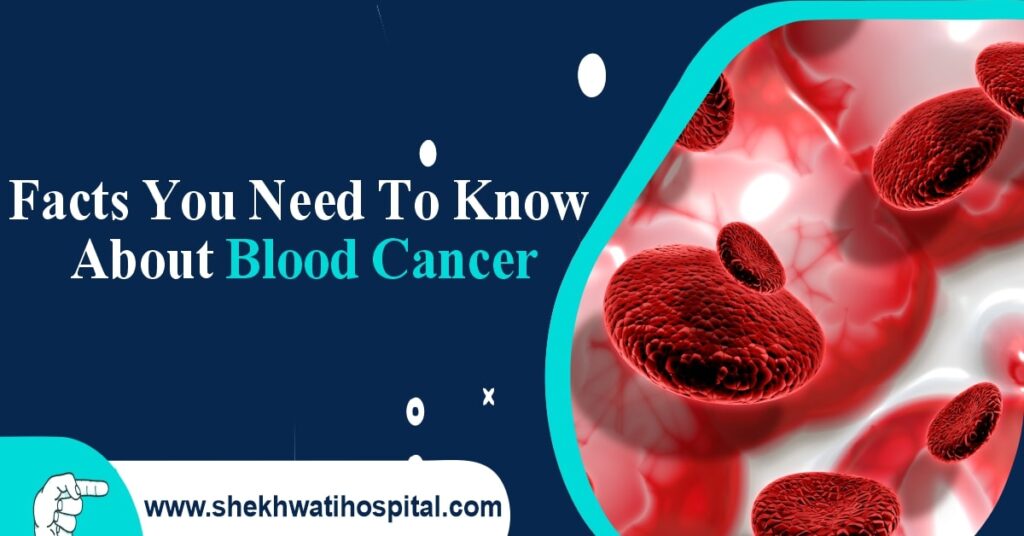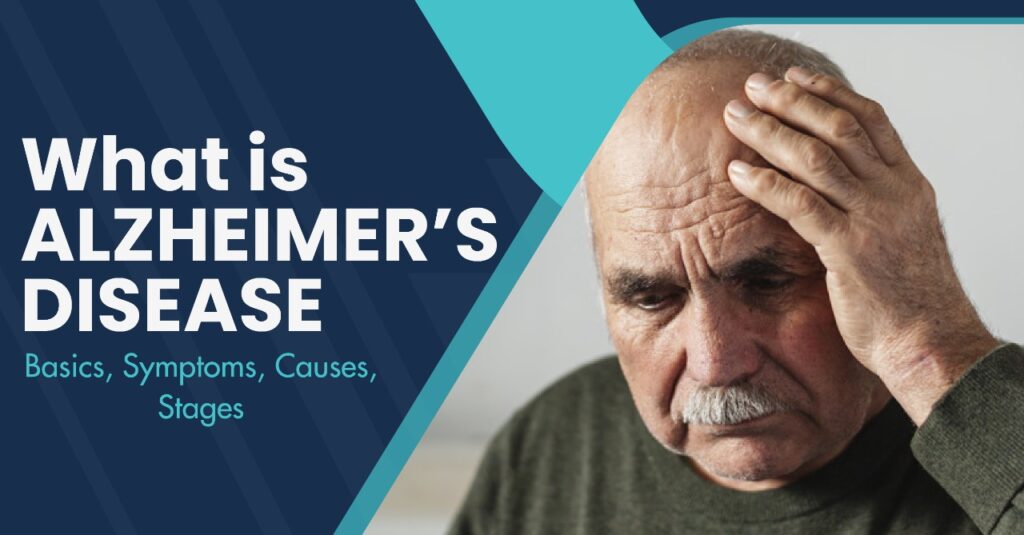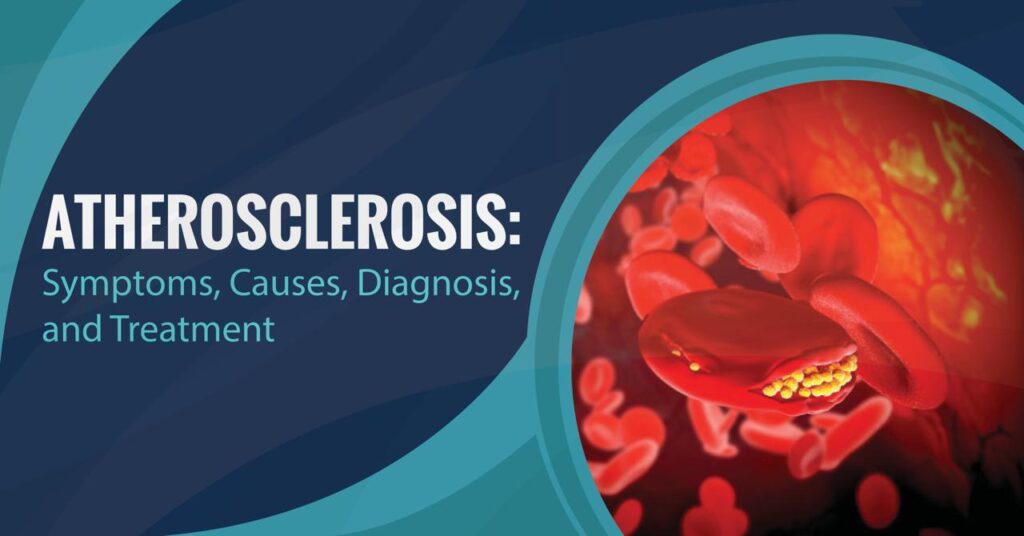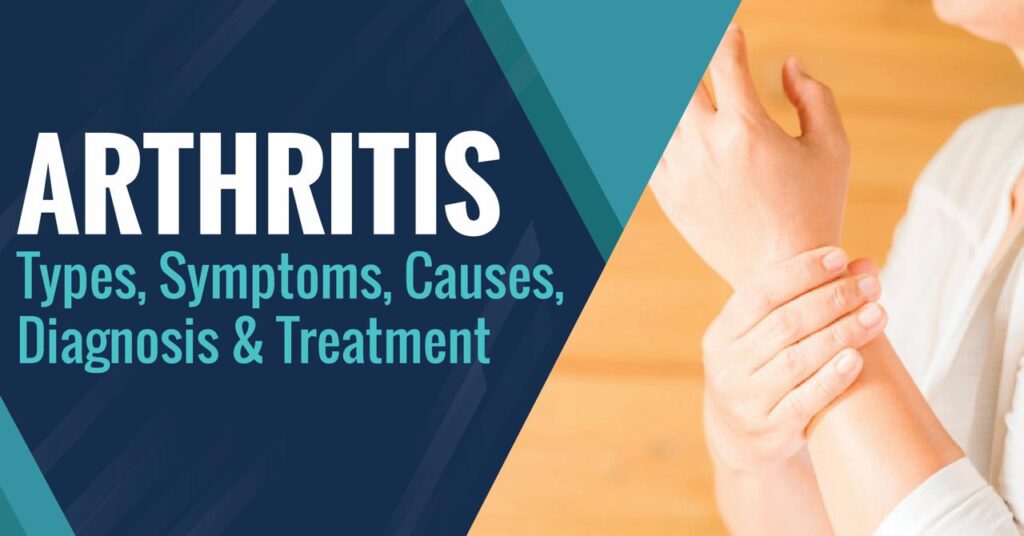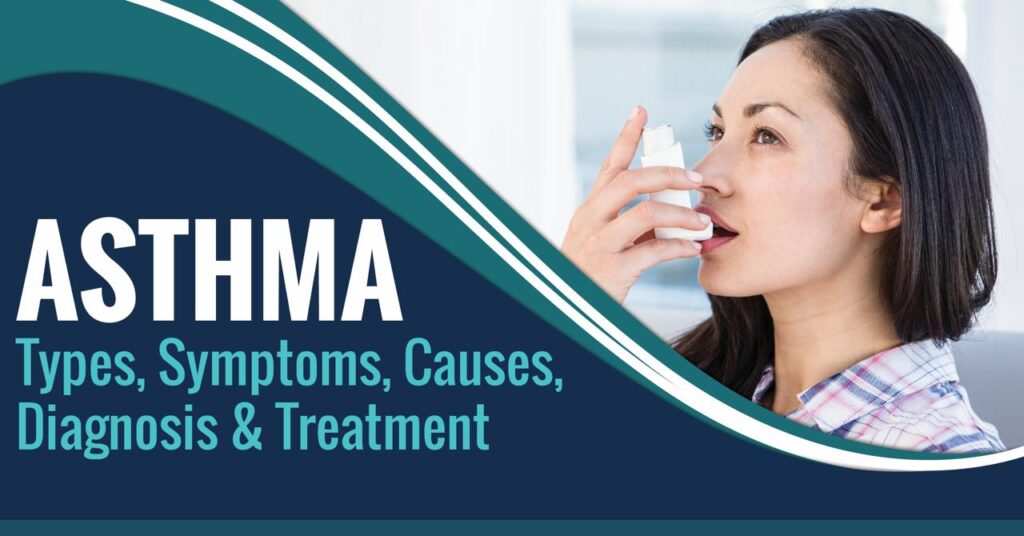What is Malaria?
This disease is caused by a parasite called malaria. Humans become infected with the parasite when infected mosquitoes bite them. A malaria patient usually feels very sick and has a high fever and shaking chills.
There are still many tropical and subtropical countries where malaria is prevalent, even though it is uncommon in temperate climates. The disease kills more than 400,000 people each year, infecting nearly 290 million people.
People are protected from mosquito bites through the distribution of preventive drugs and insecticide-treated bed nets through world health programs. WHO has recommended malaria vaccines for use in countries where malaria cases are high.
You can protect yourself while traveling by wearing protective clothing, using a bed net, and using insecticides. If you are traveling to a high-risk area, you can also take preventative medicine before, during, and after your trip. Resistance has developed among many malaria parasites to the drugs commonly used to treat it.
Symptoms of Malaria
Whenever you travel to an area where malaria is prevalent, you should be aware of the symptoms. The advantage of this is that you can receive medical attention immediately.
There are similar symptoms to those of flu and they usually appear six to thirty days following a mosquito bite, but they can sometimes last for up to a year.
The common symptoms of malaria include:
- Headache
- High body temperature (fever)
- Sweats
- Chills
- Muscle aches or pains
- Convulsions
- Severe anemia
- A feeling of nausea or diarrhea
- Changes in consciousness
- Breathing difficulties
- Prostration
- Limited urine production
Malaria can cause a variety of mild symptoms that are difficult to identify at first.
You can Read Also: Shingles: Symptoms, Causes, Prevention, and Treatment
Causes of Malaria
A single-celled parasite of the genus plasmodium causes malaria. Mosquito bites are the most common way in which the parasite is transmitted to humans.
Mosquito transmission cycle:
- Uninfected mosquito. Malaria is transmitted by mosquitoes feeding on malaria patients.
- Transmission of a parasite. Malaria parasites can be transmitted to you if you are bitten by this mosquito again in the future.
- In the liver. Some types of parasites can lay dormant for as long as a year in your life once they enter your body.
- Into the bloodstream. Your red blood cells become infected with parasites when they mature in your liver. A person typically develops malaria symptoms at this time.
- On to the next person. This is when uninfected mosquitoes can become infected with malaria parasites and infect other people with malaria parasites.
Other modes of transmission:
People can also contract malaria by coming into contact with infected blood because malaria parasites affect red blood cells:
- From the mother to the unborn
- In the form of blood transfusions
- The sharing of needles used for drug injections
Risk factors Of Malaria
Living in or visiting malaria-prone areas is the greatest risk factor for developing the disease. The following tropical and subtropical regions are included:
- Sub-Saharan Africa
- South and Southeast Asia
- Pacific Islands
- Central America
- Northern South America
Malaria risk varies with local malaria control, seasonal changes in malaria rates, and mosquito bite prevention measures.
Risks of more-severe disease
People at higher risk of serious malaria disease include:
- Young children and infants
- Older adults
- The traveler is coming from a malaria-free region
- Women and their unborn children during pregnancy
Lack of access to medical care, preventive measures, and information is a major problem in many countries with high malaria rates.
How is Malaria Diagnosed?
You will be asked questions about your health and given a physical exam by the doctor. Your doctor will conduct a blood smear if he or she suspects you may have malaria. This test involves placing blood samples on glass slides, preparing them, and examining them under a microscope.
The results of a blood smear test can be used to diagnose malaria. As well as identifying the type and number of malaria parasites in your blood, can help a doctor diagnose your condition. Treatment decisions can be influenced by this information.
You may need to have more blood tests every 12 to 24 hours if the first blood test does not show malaria. Several blood tests are available to diagnose malaria quickly. Malaria is usually confirmed by a blood smear if the rapid test indicates malaria.
During the first year after you return from an area where malaria occurs, your doctor may test you for malaria if you are experiencing a fever. You may need more tests to make sure that you do not have malaria if the tests do not show malaria.
To determine whether treatment is working and to monitor the course of the infection, testing is repeated during treatment.
You can Read Also: Hepatitis: What are Hepatitis, Types, Symptoms, Causes, and Treatment
Other Tests
Other useful tests that may be done for the diagnosis of malaria include:
- Polymerase chain reaction (PCR). Tests that detect parasite nucleic acids and identify malaria parasite species are performed here.
- Complete blood count (CBC). Infections or anemia may be detected during this procedure. Malaria can cause anemia, as the parasite damages red blood cells.
- A blood glucose test. In this test, the doctors measure a type of sugar in your blood called glucose.
Complications of Malaria
Malaria is more likely to cause severe or complicated symptoms in certain groups, including:
- Young children
- Pregnant women
- Those who have never been exposed to malaria parasites before
There are usually one or more serious complications attached to malaria that lead to death. Possible complications include:
- You may have trouble breathing if you suffer from malaria because of fluid accumulating in your lungs.
- Having malaria can cause organ failure, including kidney and liver failure, spleen rupture, and splenic rupture.
- A blockage in small blood vessels in your brain caused by malaria can lead to swelling and even brain damage, which is known as cerebral malaria. There is a possibility of death or coma from this condition.
- Insufficient oxygen and nutrients can be delivered to your tissues when your red blood cells are damaged.
- Blood glucose levels can fall dangerously low when a patient has severe malaria. In addition to lowering blood sugar levels, quinine can also treat malaria. You can fall into a coma or die if your blood sugar drops too low.
Prevention of Malaria
Several malaria prevention methods are widely accepted and known, even though you may think it’s impossible to avoid being bitten by a mosquito. Here are a few listed below:
- Avoidance: Do your best to avoid travel to areas where malaria is prevalent if possible. Changing your travel plans may be necessary, but if you cannot avoid it, keep reading.
- Medication: If you plan to travel to a malaria-risk country, you can take the standard medications. It is usually mandatory to submit these when applying for a visa.
- Personal Protection: Sprays and lotions designed specifically to repel mosquitoes can be used as well as topical creams and lotions. It has been proven that topical products containing DEET are effective at keeping mosquitoes away. Wearing clothing that covers your arms and legs is another easy way to protect yourself.
- Added Protection: If you want to keep mosquitoes out of your sleeping area, you can use mosquito nets, as well as put screens on your doorways and windows. As a final precaution, be sure to wash or clean any protective gear above with products that contain permethrin.
Treatment of Malaria
Among the factors that will determine the treatment your doctor recommends are:
- What type of parasite do you have
- The severity of your symptoms
- You were infected in the following geographic area:
- Your age
- Whether you’re pregnant
Treatment for malaria may involve the use of the following medications:
- Chloroquine or hydroxychloroquine. There is a possibility that your doctor may recommend one of these drugs if your symptoms are not too serious and you are living in an area where chloroquine has not become resistant to the parasite.
- Artemisinin-based combination therapy (ACT). The combination of these two medicines works differently. Milder cases of malaria are treated with them or more serious cases are treated with them.
- Atovaquone-proguanil, artemether-lumefantrine. Chloroquine resistance has led to the use of these combinations in areas where the parasite has become resistant to the medication. As well to adults, children can also take them.
- As the last research, this medication can be used instead of chloroquine if it is not available. However, it has been linked to rare but serious side effects related to the brain.
- The drug may be recommended for the first 24 hours of your symptoms, followed by three days of artemisinin-based combination therapy if you have severe symptoms.
As malaria parasites have become resistant to most medicines used to treat the illness, researchers are constantly looking for new medicines to treat it.

